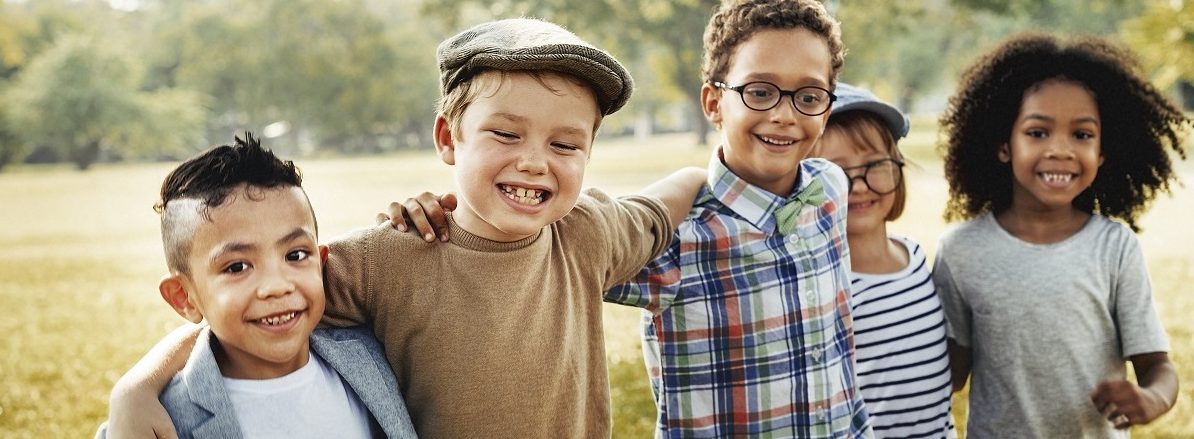The Bureau of Family Health’s Health Equity Action Team (BFH-HEAT) is a group of staff and community partners dedicated to promoting health equity in the Bureau’s culture, workflow, and services. The team found its roots in 2016, when BFH assembled an equity team as part of quality improvement efforts. Today, BFH-HEAT has grown. The team now works with the Tulane Center of Excellence in Maternal & Child Health, the National Birth Equity Collaborative, and other Louisiana Department of Health (LDH) partners to determine how we can help clear a path to health for all people in Louisiana, from birth through the next generation.
Alignment Across Agencies
BFH-HEAT uses a multi-level action plan to organize its work. The 2017-2019 BFH-HEAT Action Plan explored the impact of systemic oppression – particularly institutionalized racism – on the health of Louisiana families. This laid an important foundation for the Bureau’s current action plan, below.
In 2019, the LDH Office of Community Partnerships and Health Equity launched its Health Equity Plan and Framework. This plan required each office of the state health department to establish an action team, and BFH appointed representatives to the Office of Public Health’s HEAT. BFH is committed to advancing, aligning and improving our efforts toward health equity through our work on both teams.
Action Plan for Health Equity
The 2020-2021 BFH-HEAT Action Plan strategies reflect best practices for advancing equity through organizational change. The goal is to weave compassion and accountability into Bureau operations, programs, and workflow. The Plan, outlined below, includes five areas for progress: communications; data analysis; family engagement; policy development; and staff development. To see details of the 2020-2021 Action Plan, contact Lacey Delery, Health Equity Coordinator.
Communications
- Ensure materials and messages are guided by input from the intended audience (e.g., Louisiana families).
- Evaluate and revise the Bureau’s Health Equity Communications Checklist.
- Create a Health Equity Messaging Guide to unify BFH program communications.
- Identify the BFH communications team’s role in supporting agency-wide equity work.
Data Collection, Analysis, & Distribution
- Prioritize equity during regular data analysis to reduce bias and limit unintended consequences.
- Improve understanding of historically marginalized people, and share data to support these communities.
- Develop equity-related professional competencies for Data-to-Action Team (DAT) staff.
Family & Community Engagement
- Evaluate the Bureau’s current family and community engagement projects.
- Draft a vision and plan for equitable partnerships with Louisiana families.
- Assess agency capacity for sustainable engagement work.
Policy Development & Response
- Inventory BFH’s equity-focused policy work, and identify strengths and weaknesses.
- Assess core professional competencies for equity-focused health policy and support staff learning in these areas.
- Develop strategies to address policy-related barriers to health equity.
Staff Development & Internal Processes
- Identify and promote professional development opportunities related to health equity.
- Assess BFH’s workplace culture and processes (e.g., equitable hiring practices), and identify ways to improve.
